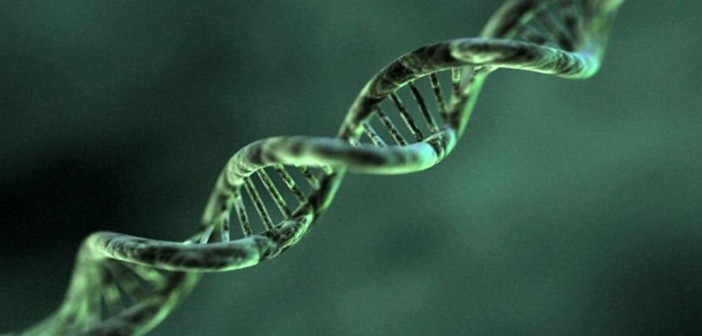

NEW YORK: Genetic ancestry as well as facial characteristics may play an important part in who we select as mates, researchers including an Indian-origin scientist reported.
The tendency to find a mate with a similar genetic background, a form of assortative mating, could also help perpetuate genetic diseases, said the team led by University of California-San Francisco (UCSF).
"We need to understand how these patterns of assortment vary across diverse populations, as well, with finer geographic sampling of individuals,” said Sriram Sankararaman, post-doctoral fellow at Harvard Medical School.
For the study, the team used population genomics and quantitative social sciences to gauge the relatedness of parents in a study of asthma in Mexican and Puerto Rican children.
They found that the parents tended to choose partners with a similar mix of ancestry to their own.
In the case of Mexicans, that meant having a similar proportion of mostly European and Native American ancestry, with some genomic heritage from Africa.
For Puerto Ricans, that meant having similar amounts of European and African ancestry, with some Native American ancestry.
The average mix was similar enough to make the couples equivalent to between third and fourth cousins, a degree of closeness that may have implications for the perpetuation of some genetic diseases but also could have health benefits.
Among the Puerto Rican, but not the Mexican couples, the researchers also found that parents had similar genes associated with facial characteristics.
The strength of the ancestry assortment in both groups was stronger than education assortment, a powerful factor in mate selection that has been well documented.
The researchers said their findings could affect a wide range of disciplines that employ population genomics.
"We should incorporate the new understanding to more accurately model human history and improve our understanding of the genetic basis of disease,” noted Noah Zaitlen, an assistant professor of medicine at UCSF.
The researchers did not genotype the parents of the 2,757 trios they studied - about 1,246 of which were Mexican trios and 1,511 Puerto Rican trios - but rather inferred their relatedness through their children, who were genotyped.
They also used a smaller study of 489 trios, in which both parents and children were genotyped, to validate their findings.
More analyses should be done in other groups to flesh out the implications of what they found, concluded the team that has members from Microsoft Research, University of California-Berkeley and Tel Aviv University.
The study appeared in the journal PNAS.
IANS